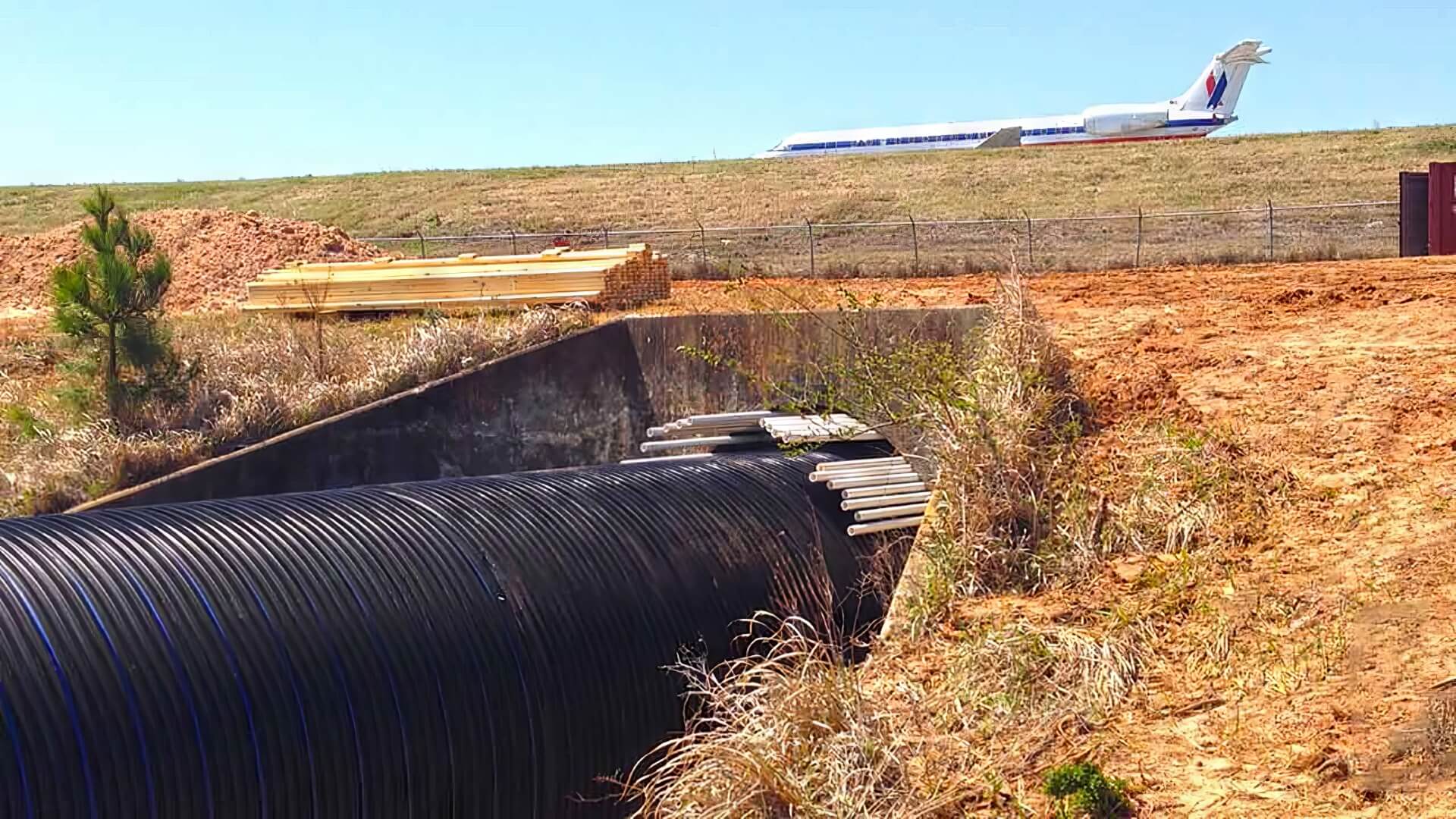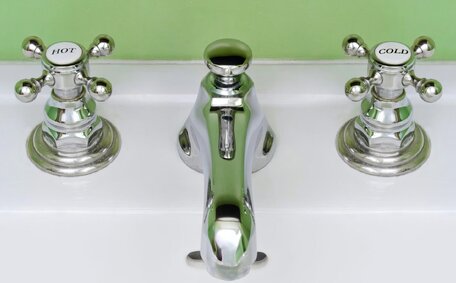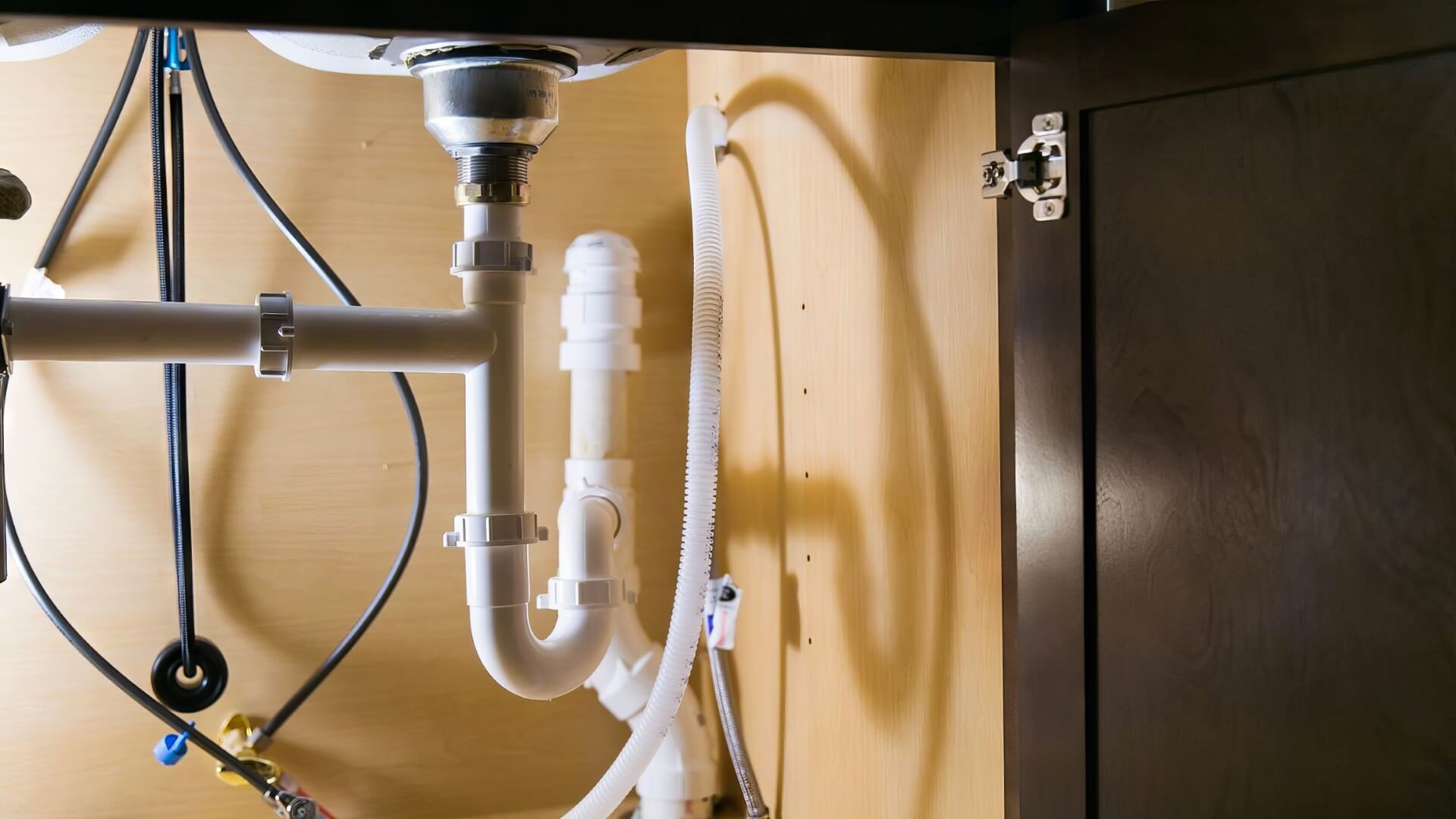
Does Pipe Relining Increase Property Value?
Pipe relining fixes damaged pipes without digging or replacement. It prevents leaks, damage, and improves drainage. This increases property value and saleability for under $2000.
Read MoreUnderstanding the key components of your home’s plumbing, such as water supply pipes, drains, toilets, taps, and hot water systems, is crucial for effective maintenance.
The water supply pipes bring fresh water from the mains into your home and deliver it to all the taps and appliances that need it, while your drains convey wastewater to the septic tank and sewage system. Pipe leaks or damage can cause water pressure problems or even flooding.
Your home’s drainage system carries wastewater to the septic system and sewage away from the sinks, showers, laundry, and toilets through a series of drain pipes. Clogs or breaks in the drains can result in backups.
Toilet functionality depends on a proper water source and drainage system; malfunctions in either can disrupt performance.
Dripping taps may signal worn washers and impact the connection between your home’s water supply and fixtures such as sinks and baths.
The hot water system, whether tank-stored or on-demand, heats water for use. Malfunctions can result in a lack of hot water.
Regular inspections and applying plumbing tips can prevent minor issues from escalating. Knowing how your plumbing components interact is key to proactive management and avoiding future issues.
It’s critical for homeowners to know the location of their main shutoff valve to prevent flooding and safeguard plumbing against major leaks or burst pipes.
The main water shutoff is commonly near the water meter or at your home’s front exterior for convenient maintenance. Shutting off all water is achieved by turning the valve’s handle—typically blue or red—90 degrees clockwise.
In a plumbing emergency such as a major leak, locate the shutoff valve and turn it clockwise to halt the water flow. This action can prevent thousands of dollars in potential flooding and damage to your home’s plumbing system. Ensure your family is aware of the main shut off valve’s location to keep your plumbing in top condition.
If you find the main shutoff valve challenging to operate, contact a local licensed plumber for professional help. Testing the valve’s functionality twice a year ensures it works properly when call upon in emergencies. Ensure easy access to the valve by keeping it clear of obstructions.
Regular visual inspections and scheduled maintenance checks can catch minor issues before they escalate.
Annually conduct a thorough home inspection to check for leaks, dripping faucets, and corrosion in pipes and supply lines. Inspect under sinks for pooling water, worn pipes, or faulty drain traps. Visually inspect your hot water heater for rust or leaks around the pressure release valve and underneath sinks for signs of pooling water or damaged piping.
Scheduling annual inspections with a Leichhardt plumber provides peace of mind. They can use specialised tools to check for silent leaks in supply lines, inspect pipe interiors for accumulations, and confirm your water heater is functioning optimally.
Promptly fixing minor plumbing leaks upon detection is crucial. Dripping faucets and water spots indicate small leaks that can become costly if ignored.
Untended minor leaks can waste more than 11,000 litres of water annually, undermining conservation efforts. All those drips add up in cost, plus
If you spot a minor leak, have a professional plumber inspect fixtures, taps, valves, and connections to find the source. Look for water spots or moisture, rust buildup, pooled water and listen closely for dripping sounds. Isolate leaky fixtures by shutting off the corresponding water valve to stop drips.
Replace damaged tap washers, valve seals, and corroded pipe sections to ensure proper function. Apply pipe joint compound to the threads to prevent leaks. Call a Leichhardt plumber for assistance if you can’t find the leak source or are unsure about making repairs.
Attending to minor leaks swiftly curtails property damage and costly repairs in the long run. Regular inspections can easily detect issues early before they escalate into major plumbing emergencies.
Blocked drains, often caused by grease oil buildup, represent one of the most common plumbing headaches and can often be averted with a bit more care. Avoid letting fats, grease cooking leftovers, and oils go down drain or toilets, as these viscous substances stick to pipe walls as they cool and solidify. As time passes, hardened fats and oils can collect debris from wastewater, eventually leading to a significant build up, clogging your pipes.
Particularly for homes with a garbage disposal, avoid flushing solids like bar soap remnants, food waste, toilet paper, tissues, dental floss, hair, and feminine products which can snag or accumulate, leading to clogged drains. Install sink drain screens to clog your unwanted items from going down the drain and pay attention to plumbing tips every homeowner should know, which include managing soap scum, to catch particles before they flow down your drains.
Using chemical drain cleaners too frequently can damage your pipes over time, or anything else that could weaken them, making clogs more likely. Instead, try a plunger or drain snake to clear simple clogs first. Keep an eye out for slowed drains or gurgling sounds as early signs of blockages.
Adopting preventative habits in your kitchen routine significantly reduces the risk of drain clogs without the need for harsh drain cleaners. Call a Leichhardt plumber if confronting a blocked drain you cannot clear yourself.
There are several ways homeowners can promote water efficiency to maintain plumbing health:
Adhering to best practices for water efficiency reduces consumption, lowers utility bills, and minimises pipe wear, thus contributing to your plumbing system’s health. A Leichhardt plumber can also help identify leaks or pressure issues to proactively maintain plumbing health.
Properly insulating pipes is crucial work to prevent any issues such as freezing and burst pipes for Leichhardt homeowners, especially in winter. Exposed water pipes are vulnerable to the elements and frigid overnight temperatures.
Insufficient insulation can lead to pipes freezing and expanding until they rupture and leak – resulting in costly water damage repairs. One burst pipe can release up to 230 litres of water per hour, flooding homes.
All accessible supply pipes, fittings, valves and elbows should be wrapped with quality foam tubular insulation – suitable for hot and cold water pipes. Secure seams with tape and ensure insulation completeness for maximum effectiveness and burst prevention.
Investing in quality pipe insulation, available at most hardware stores, is part of essential pipe care. Properly insulating pipes helps regulate water temperature, maximises energy efficiency for hot pipes, and delivers long-term savings over time from preventing pipe repairs.
A Leichhardt plumber can also inspect pipe insulation completeness when servicing your plumbing. Take preventative measures now to avoid burst pipe disasters this winter.
Being prepared for a plumbing emergency can reduce water damage and repair costs. Every Leichhardt household should have an emergency plumbing kit on hand containing:
At the first sign of a major leak, burst pipe, sewer overflow or flood, immediately turn off the home’s main shutoff valve to minimise flooding. Contain and soak up excess water with towels and tarps. Attempt clearing simple drain clogs with a plunger or snake first before calling for professional assistance.
Know when to call in the experts is critical, including knowing the limits of DIY plumbing repairs and when to call a licensed plumber, including when to turn off water supply to prevent damage. Leichhardt’s licenced plumbers have the expertise to correctly diagnose issues and make appropriate repairs. Attempting repairs without proper training can cause further damage, leading to more complex problems. Have emergency contact numbers handy to get help when call professional plumbers is necessary.
Creating a plumbing maintenance checklist helps ensure you regularly inspect, clean, and perform seasonal plumbing tasks to catch minor issues before they become major problems.
Include checks for leaks, corrosion, clogs, or damage in supply pipes and drain lines. Regularly test toilets, taps, water pressure, water heaters, and safety valves. Test toilets, taps, water pressure, water heaters, and safety valves.
Check pipe insulation completeness as early tips can be crucial for preventing issues.
Detail seasonal tasks like shutting off exterior taps and draining irrigation systems before winter to prevent freezing pipes and leaks. In autumn, inspect gutters and downspouts and clear any accumulated leaf litter.
Don’t overtighten pipe connections which can crack fixtures over time. Keep the access to your water metre and main water shutoff valve clear for emergencies.
Keeping a checklist as a reminder helps manage any plumbing maintenance tasks monthly and seasonally. Include numbers for a trusted Leichhardt plumber to call if confronting plumbing issues exceeding your DIY abilities.
Even armed with preventative plumbing knowledge, confronting complex issues can overwhelm DIY abilities. Seeking professional assistance promptly leads to better outcomes and prevents exacerbating damages.
Warning signs indicating the need for a Leichhardt plumber include low water flow/pressure persisting after inspecting strainers and aerators; leaky pipes in unreachable areas; copious leaks exceeding buckets or pans; sewer gas smells; burst pipes; electrical issues; or water contamination.
Call a licensed plumber if you’re unable to identify leak sources, locate deep clogs, lack proper tools, feel unsafe handling electrical work, or have concerns about potential mould exposure. Professionals are the best choice in these situations.
DIY mistakes can be costly if repairs go awry. Leichhardts licenced plumbers undergo extensive training and carry adequate insurance to safely rectify mishaps. Their expertise allows accurately diagnosing issues for appropriate repairs minimising further damages or contamination.
Know limitations and act promptly when confronting complex plumbing situations. Professional assistance can restore function, prevent escalating issues leading to expensive restorations, and provide long-standing peace of mind.
Pipe relining fixes damaged pipes without digging or replacement. It prevents leaks, damage, and improves drainage. This increases property value and saleability for under $2000.
Read MoreThe efficiency of your hot water system can be impacted by various environmental factors. Proper insulation, temperate climates, and appropriately sized systems lead to enhanced efficiency, lower energy bills, and reduced emissions. Compare different hot water systems and learn tips to maximise efficiency.
Read MorePipe relining is the most effective way to permanently solve bad sewer smells without the need to dig trenches or damage your property. Our trenchless pipe repair specialists use specially designed pipes to reline your old, damaged pipes. This stops cracks and leaks that let sewage smells flood your home.
Read MoreLeichhardt, 2040 NSW
We will call back as soon as possible.




